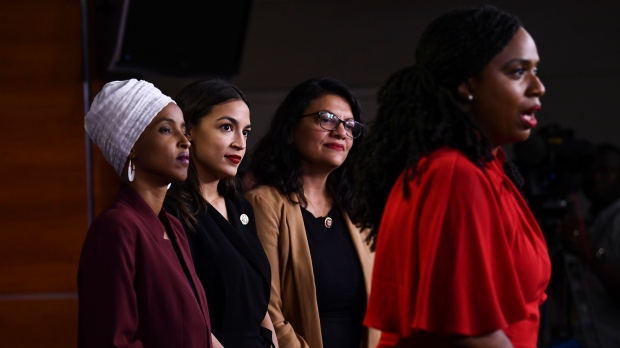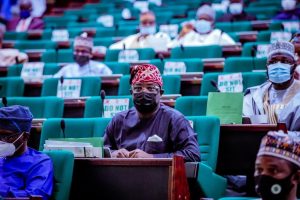BBC reverses decision to reprimand anchor over Trump comments

The UK broadcaster was heavily criticized for ruling last week that Munchetty, a morning show anchor, had broken its impartiality guidelines when she appeared to assign a racist motive to a July tweet by Trump that said four US lawmakers — all women of color -— should “go back” to the “places from which they came.” Tony Hall, the BBC director general, emailed all staff on Monday to say he had personally reviewed the Executive Complaints Unit’s decision and did not believe Munchetty’s comments were “sufficient to merit a partial uphold.” Hall said that “racism is racism and the BBC is not impartial on the topic.”A decision which caused outragePoliticians such as Jeremy Corbyn, the leader of the opposition Labour Party, and Home Secretary Sajid Javid tweeted their outrage last week at the BBC’s initial decision, while figures in media, the arts and broadcasting signed an open letter calling on the BBC to overturn its decision. The controversy over the sanction deepened on September 27 when the BBC’s director of editorial policy and standards, David Jordan, said it was “probably unwise” for the BBC to label people as liars or racists.But in his email to staff on Monday, Hall wrote: “I have looked carefully at all the arguments that have been made and assessed all of the materials.”I have also examined the complaint itself. It was only ever in a limited way that there was found to be a breach of our guidelines. These are often finely balanced and difficult judgements.”But, in this instance, I don’t think Naga’s words were sufficient to merit a partial uphold of the complaint around the comments she made.”There was never any sanction against Naga and I hope this step makes that absolutely clear.”She is an exceptional journalist and presenter and I am proud that she works for the BBC.”What was said The controversy started on July 17 when Munchetty and her co-anchor Dan Walker discussed Trump’s tweet and Munchetty’s experience as a woman of color. Munchetty said: “Every time I have been told, as a woman of color, to go back to where I came from, that was embedded in racism. Now I’m not accusing anyone of anything here, but you know what certain phrases mean.”She added that she imagined “lots of people” in the United Kingdom would be feeling “absolutely furious … that a man in that position feels it’s okay to skirt the lines with using language like that.”On Wednesday, the BBC’s Executive Complaints Unit said it was “entirely legitimate” for Munchetty to discuss “her own experience of racism and the racist context” for remarks similar to those made by Trump. But the body partially upheld a viewer complaint against Munchetty because she “went on to comment critically on the possible motive for, and potential consequences of, the president’s words.””Judgments of that kind are for the audience to make, and the exchange fell short of due impartiality in that respect,” it concluded. Trump has denied his attacks on the four US Congresswomen were racist.The backlash The outrage was swift, with journalists at the BBC and its competitors calling out the network for the reprimand — and for seemingly ignoring her white co-anchor’s part in the conversation. “You’ve got a hell of job to do with non-white members of staff and indeed lots of members of the public who are outraged,” BBC radio anchor Nick Robinson told Jordan during a BBC interview broadcast Friday.Jordan said that many people were misinterpreting the decision, saying it was “perfectly acceptable” for Munchetty to describe the phrases used by Trump as “clearly racist.”The problem arose when Munchetty appeared to assign “motivations” for why Trump wrote the tweet. “In the politics of the present, where we are into politics of name calling and insult … I think it’s probably unwise for the BBC to get ourselves into a position where we’re calling out people for being liars or being racist,” Jordan said. “What is really important is that we look at the things that people say, that we analyze them, that we describe them objectively and as analytically as we can and we call them out for what they are at the time,” he explained.”So if someone has told a lie we expose it for a lie,” he added. “If someone has made a racist remark, we make sure that people are aware that that language is inherently racist.”CNN’s Hadas Gold contributed to this report.






